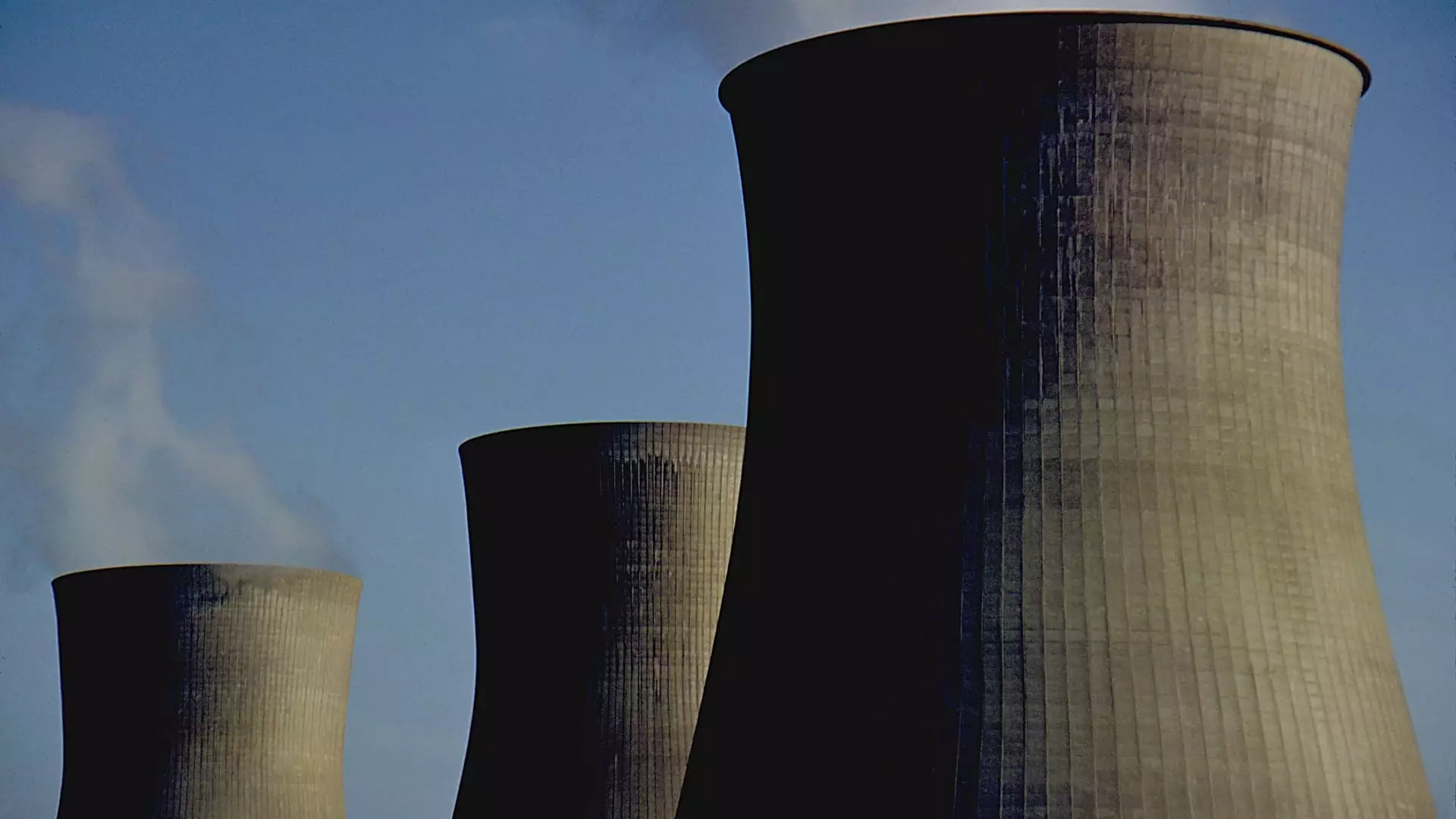The rapid advancement of artificial intelligence (AI) and cloud computing technologies is creating an unprecedented surge in energy demand. Projections from the U.S. Department of Energy indicate that global electricity consumption could escalate by a staggering 75% by 2050. This explosive growth, driven largely by the needs of robust data centers that support AI operations, is raising concerns about sustainability amid a backdrop of ambitious technological goals. Leaders in the tech sector are now faced with the challenge of balancing their energy requirements with the imperative to minimize environmental impact.
Data centers, the backbone of AI and cloud-based services, are becoming so massive in their energy consumption that some may soon rival the electricity usage of major cities. Such alarming forecasts highlight a pressing need for tech companies to more thoroughly understand and manage their energy needs. Mark Nelson of Radiant Energy Group underscores this urgency: a new data center consuming as much power as Chicago cannot simply expand without careful planning and resource allocation. The continuous demand for reliable, high-capacity power, operating around the clock, has reached a critical point in the dialogue about sustainable energy practices.
In their quest for sustainable energy solutions, leading tech giants like Google, Amazon, Microsoft, and Meta are now pivoting towards nuclear power. Once shunned due to fears surrounding safety and the potential for catastrophic failures, nuclear energy is witnessing a resurgence as a viable option for fulfilling the monumental power requirements of data centers. These companies emphasize the unique benefits that nuclear energy offers—namely, that it is a consistent, carbon-free source of electricity capable of meeting the endless energy demands associated with AI technologies.
Experts are now heralding this renewed interest in nuclear power as the dawn of a “nuclear revival.” As misconceptions and historical stigma surrounding nuclear energy begin to dissipate, there is hope that it can play a prominent role in reshaping the global energy landscape. Michael Terrell from Google cites the economic advantages and the capacity for large-scale, dependable power generation as pivotal factors driving this transition. By integrating nuclear energy into their power strategies, tech companies could significantly reduce their carbon footprint while ensuring the reliability needed to support their innovations.
The intersection of technological progress and energy consumption is rapidly evolving, with AI and cloud computing leading the way. As the demand for energy escalates to levels that could potentially overwhelm existing infrastructure, tech giants are compelled to seek out sustainable solutions. The shift towards nuclear energy represents more than just a trend; it signals a transformative moment in how industries approach energy consumption and responsibility. While challenges remain, embracing nuclear power could forge a path toward sustainable innovation, ensuring that the future of technology is as environmentally responsible as it is groundbreaking.

